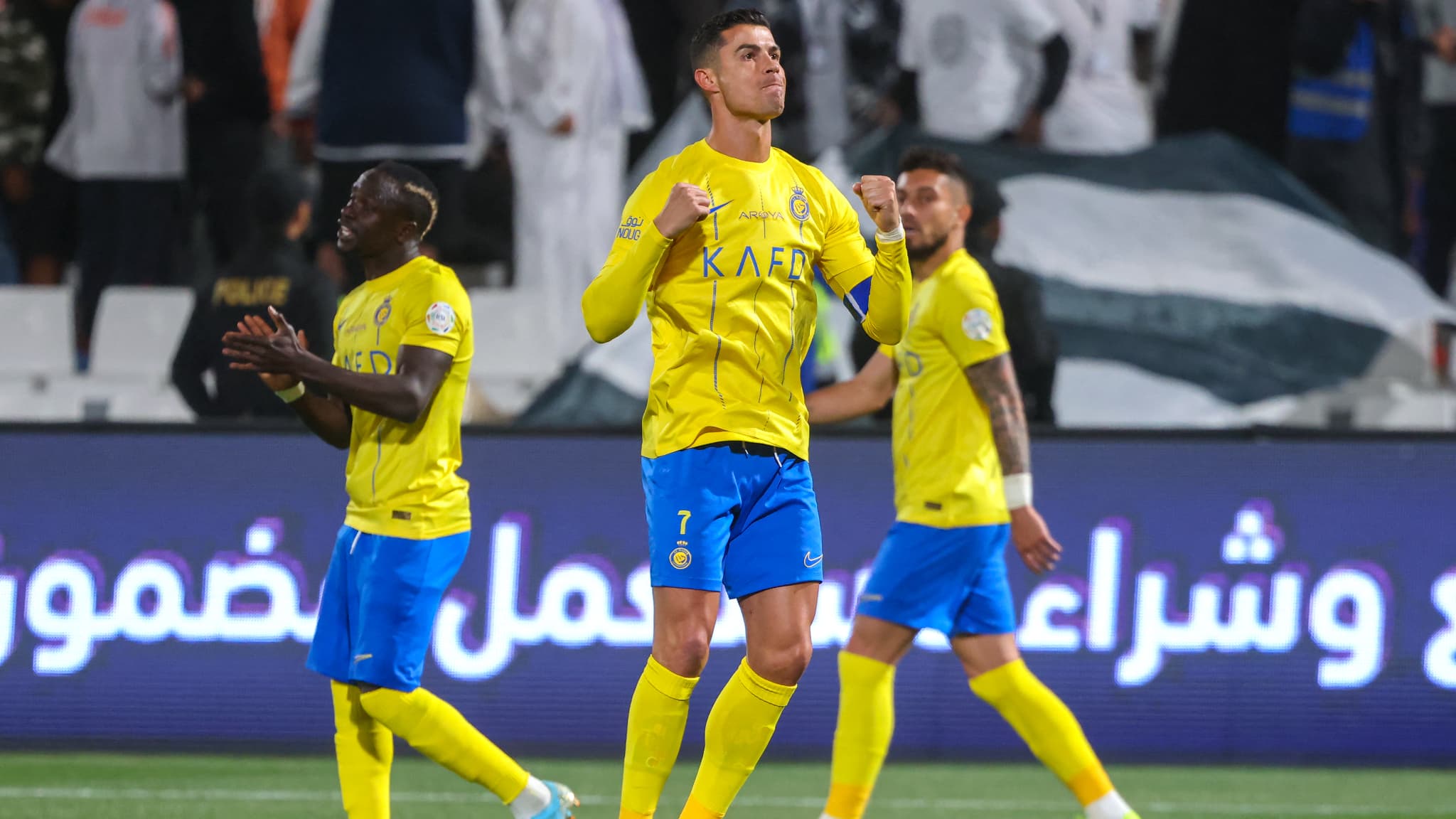Following Thomas Bach’s announcement that he would not seek a third term as head of the International Olympic Committee (IOC), the institution published on Tuesday, August 13, 2024, the Guidelines surrounding the election process for the future President in preparation for the March 2025 election.
The Olympic rings in front of the Olympic House in Lausanne (Credits – IOC / Christophe Moratal)
” data-medium-file=” data-large-file=” tabindex=”0″ role=”button” class=”size-full wp-image-35281″ alt=”” width=”750″ height=”499″ data-recalc-dims=”1″/>The Olympic rings in front of the Olympic House in Lausanne (Credits – IOC / Christophe Moratal)
Who will stand as a candidate to succeed Thomas Bach as president of the powerful IOC?
While some names come up regularly, the official list of contenders will not be announced until September 16, 2024, just over a month from now, and the day after the deadline for submitting applications.
In a letter addressed to President Thomas Bach, the candidates will have to make known their intention to stand as candidates by September 15 at the latest.
The election campaign will then begin as soon as the list of candidates is published, which will also include biographical information on each of the candidates. This campaign will be supervised by the IOC Chief Ethics and Compliance Officer (CECO) and will be based on compliance with Guidelines, the outlines of which have been specified in a nine-page document addressed to all IOC members.
Candidates will have to in fact comply with the said Directives intended to ensure the stability of the vote which will take place within the framework of the 143rd IOC Session scheduled from 18 to 21 March 2025 in Athens (Greece).
In detail, the Guidelines unveiled this Tuesday, August 13, 2024 are based on the Olympic Charter and the IOC Code of Ethics to in fine to lay the foundations of the campaign concerning the promotion of candidacies – particularly in the era of social networks – and the relations between candidates and other IOC members. This is reflected in particular by a limitation and control of candidates’ travel, the absence of public meetings, or even a firm ban on receiving any financial, material or in-kind assistance, or on making promises or providing gifts to IOC members.
The document incorporating the Guidelines also sets out the rules on neutrality in the context of relations between candidates and the various components of the Olympic Movement. The same applies to relations with the media, with the IOC administration, as well as with other candidates, all in a spirit of mutual respect in the interest of the Olympic institution.
In fact, any breach or infraction may give rise to the implementation of sanctions against the offending candidate or an IOC member identified. The sanctions provided for may therefore range from an observation or a simple warning in the event of a breach, to the withdrawal of the right to participate in the vote, to exclusion from the list of candidates, including a request for public apologies in the event of a serious breach.
Finally, it should be noted that the candidates for the post of IOC President will be invited to present their respective projects to their peers during an oral session to be held from 20 to 24 January 2025 in Lausanne (Switzerland).
France (Credits – IOC / Greg Martin)
” data-medium-file=” data-large-file=” tabindex=”0″ role=”button” class=”size-full wp-image-69352″ alt=”” width=”750″ height=”500″ srcset=” 2048w, 300w, 1024w, 768w, 1536w” sizes=”(max-width: 750px) 100vw, 750px” data-recalc-dims=”1″/>Thomas Bach, IOC President, speaking at the 142nd IOC Session to announce his intention not to seek a third term, Saturday 10 August 2024 in Paris, France (Credits – IOC / Greg Martin)
In 2013, no fewer than six candidates expressed an interest in taking over from Jacques Rogge who, like Thomas Bach this year, was at the time completing a double mandate after taking over from Juan Antonio Samaranch in 2001.
Besides Thomas Bach, who was rightly the favourite, Sergey Bubka, Richard Carrion, Ser Miang Ng, Denis Oswald and Ching-kuo Wu also put themselves forward as candidates.
On election day, Jacques Rogge’s former right-hand man stood out in the first round, winning 43 votes, against 23 for Richard Carrion, 8 for Sergey Bubka, 7 for Denis Oswald and 6 each for Ser Miang Ng and Ching-kuo Wu. After an intermediate round intended to decide between the two candidates who had obtained a tie in votes at the back of the pack, Thomas Bach comfortably won in the second round by 49 votes, against 29 for Richard Carrion, 6 for Ser Miang Ng, 5 for Denis Oswald and 4 for Sergey Bubka.
In March 2021, however, the race for the presidency was non-existent, with Thomas Bach being the only candidate for his own succession.


